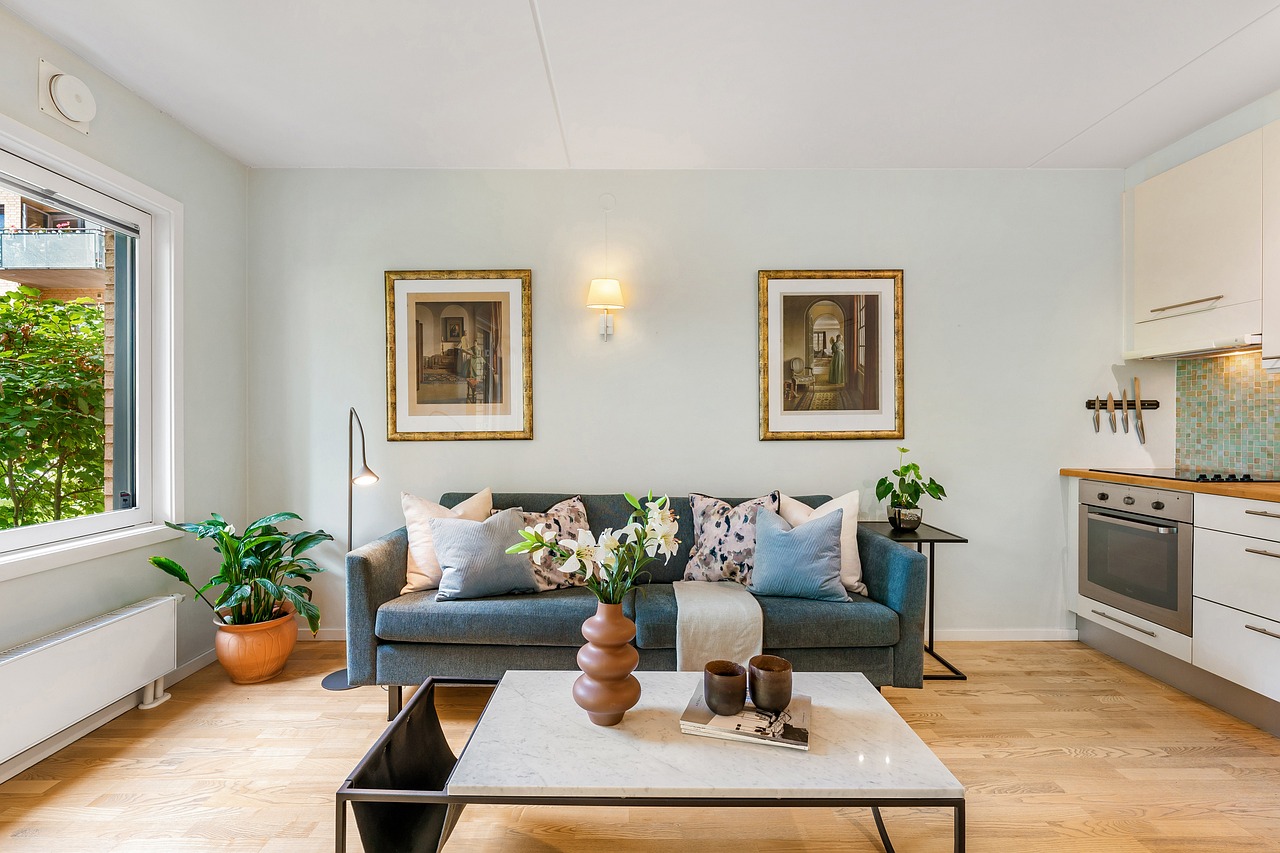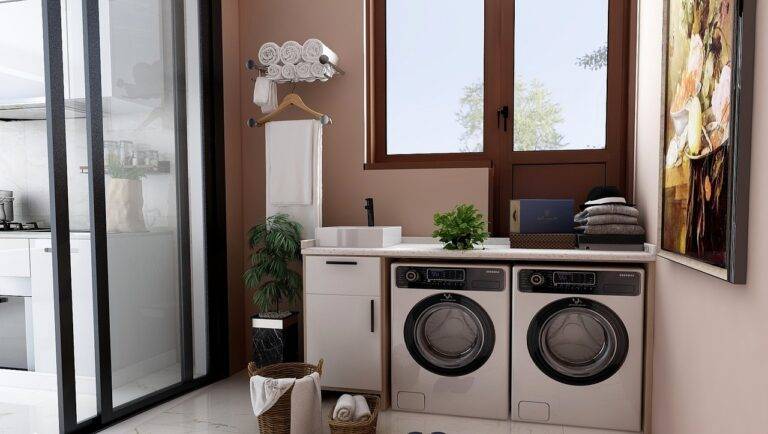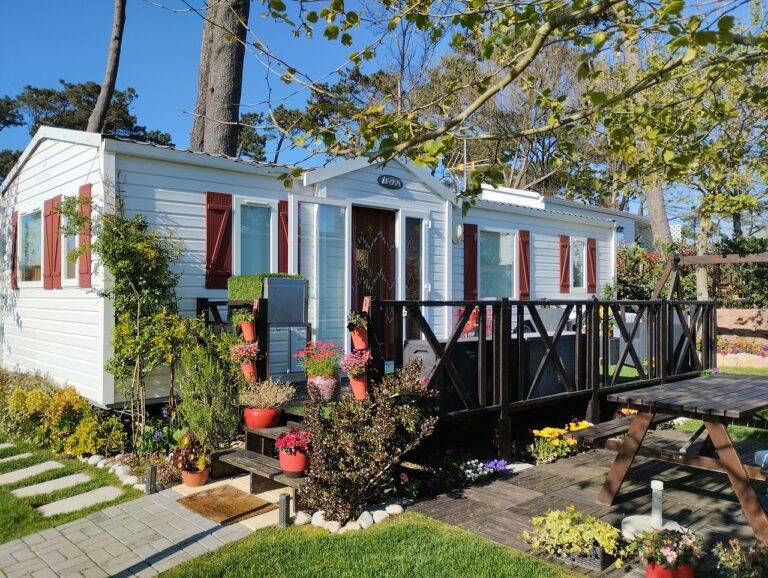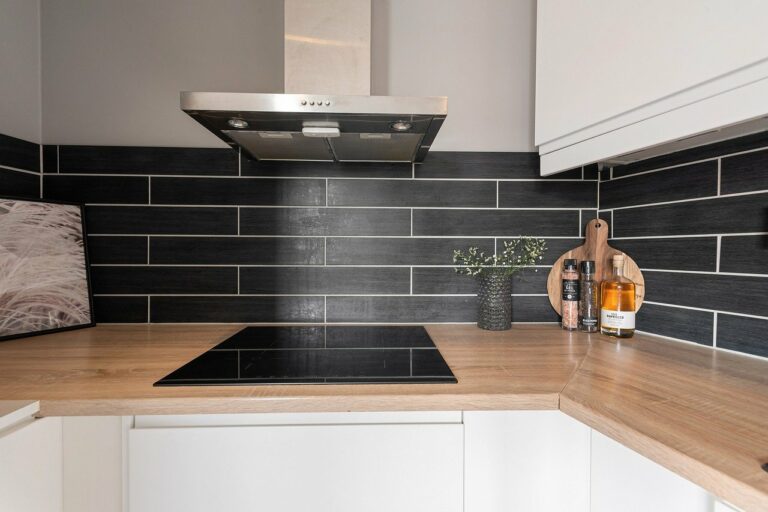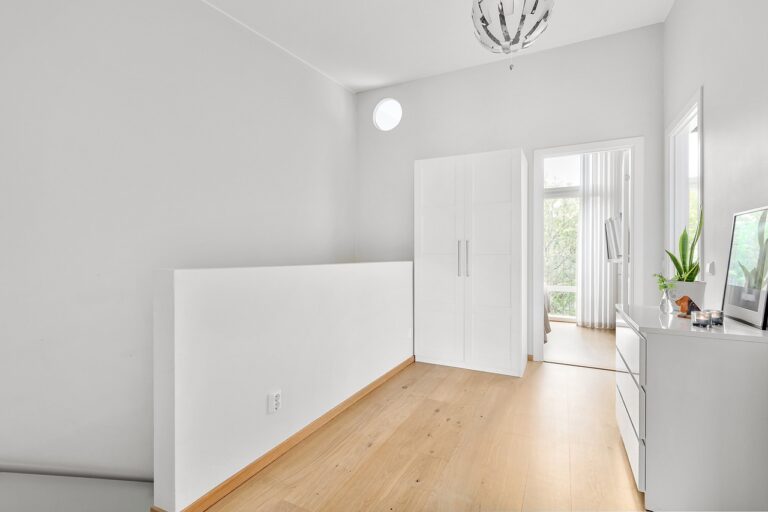The Rise of Smart Home Theaters: Cricketbet999, 11xplay online id, Betbhai9
cricketbet999, 11xplay online id, betbhai9: The Rise of Smart Home Theaters
In recent years, there has been a significant rise in the popularity of smart home theaters. With advancements in technology and the growing demand for immersive entertainment experiences, more and more homeowners are investing in creating their own personal cinemas right in the comfort of their homes.
What exactly is a smart home theater, you may ask? Simply put, it is a home entertainment system that incorporates smart devices and technology to enhance the overall viewing experience. From high-definition projectors and surround sound systems to smart lighting and automated controls, smart home theaters offer a truly cinematic experience without ever having to leave the house.
So, what has led to the rise of smart home theaters? Let’s dive into some of the key factors driving this trend.
1. Technological Advancements
One of the main reasons for the surge in smart home theaters is the rapid advancements in technology. With the development of high-quality projectors, sound systems, and smart devices, homeowners now have access to top-of-the-line equipment to create a truly immersive viewing experience.
2. Convenience and Comfort
Gone are the days when you had to drive to the nearest movie theater and wait in long lines to watch the latest blockbuster. With a smart home theater, you can enjoy your favorite movies, TV shows, and games from the comfort of your own home. No need to worry about finding parking or dealing with noisy moviegoers – just sit back, relax, and enjoy the show.
3. Customization and Personalization
Another key factor driving the rise of smart home theaters is the ability to customize and personalize the viewing experience. From adjustable seating options to customizable lighting and sound settings, homeowners can tailor their home theaters to suit their preferences and create a one-of-a-kind entertainment space.
4. Increased Connectivity
With the rise of smart devices and the Internet of Things (IoT), it is now easier than ever to connect all your home entertainment systems seamlessly. Smart home theaters allow for integration with voice assistants, smart lighting, and other smart devices, providing a seamless and interconnected entertainment experience.
5. Value and Investment
Investing in a smart home theater is not just about creating a fun entertainment space – it can also add value to your home. A well-designed and properly installed home theater can increase the overall resale value of your property, making it a worthwhile investment for homeowners looking to enhance their living space.
6. Family and Social Gatherings
Lastly, smart home theaters are perfect for family gatherings, movie nights, and social events. Whether you’re hosting a movie marathon with friends or enjoying a quiet night in with loved ones, a smart home theater provides the perfect setting for making memories and bonding over shared experiences.
The rise of smart home theaters shows no signs of slowing down, as more and more homeowners seek to create their own private cinemas. With the convenience, comfort, and customization options that smart home theaters offer, it’s no wonder that they have become a popular choice for entertainment enthusiasts everywhere.
FAQs
Q: How much does it cost to set up a smart home theater?
A: The cost of setting up a smart home theater can vary depending on the quality of equipment and level of customization. On average, homeowners can expect to spend anywhere from $2,000 to $10,000 or more for a basic setup.
Q: Can I install a smart home theater myself, or do I need professional help?
A: While some homeowners may have the technical expertise to install a smart home theater themselves, it is generally recommended to seek professional help for a seamless and trouble-free setup. Professional installers can ensure that all components are properly integrated and functioning correctly.
Q: What are the essential components of a smart home theater?
A: The essential components of a smart home theater typically include a projector or high-definition TV, a sound system with surround sound capabilities, smart lighting, and automated controls. Optional components may include adjustable seating, acoustic panels, and gaming consoles.
Q: How can I control my smart home theater system?
A: Smart home theater systems can be controlled in various ways, including remote controls, smart home apps on mobile devices, voice assistants like Alexa or Google Home, and universal remote controls. Choose the control method that best suits your preferences and needs.
Q: Are smart home theaters energy-efficient?
A: Smart home theaters can be energy-efficient when equipped with energy-saving features like LED lighting, smart thermostats, and power-saving modes on devices. By choosing energy-efficient components and settings, homeowners can minimize energy consumption and reduce their carbon footprint.

